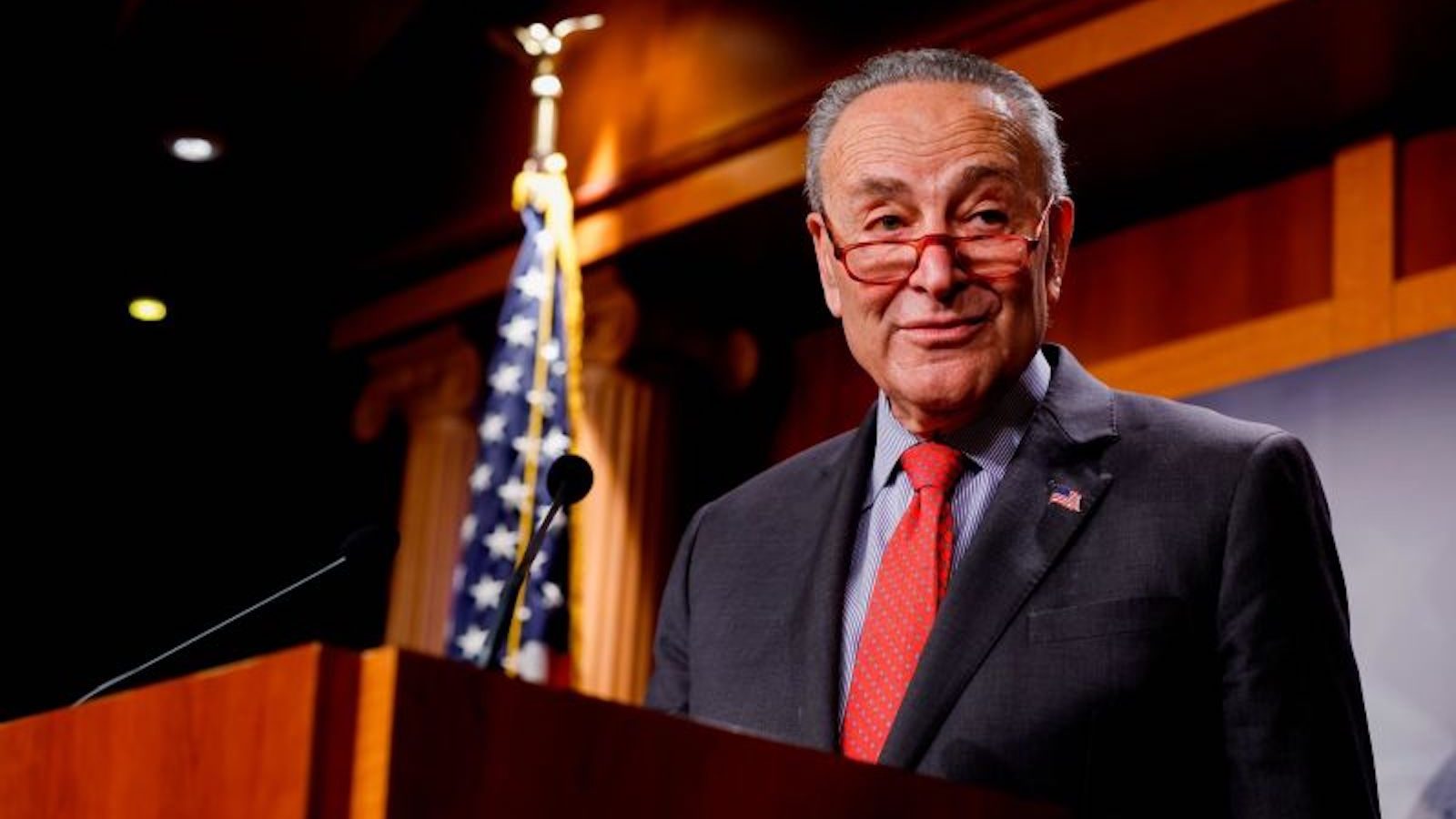Agreement to raise debt ceiling goes to Senate 3:15
(CNN) -- Senators are in a hurry to pass a bill suspending the U.S. debt ceiling until Jan. 1, 2025, but it's still unclear when the final vote will take place, as the threat of default looms.
Once the Senate approves the measure, it can be sent to President Joe Biden for his signature.
Senate Majority Leader Chuck Schumer and Republican leader Mitch McConnell have made clear they want to move forward with a vote on the bill on Thursday, but would need an agreement from all 100 senators to do so. In the Senate, any lawmaker can delay a snap vote.
The deadline for passing the bill in Congress is extremely tight and there is little margin for error, putting enormous pressure on the leadership of both parties. June 5 is the date the Treasury Department has said it will no longer be able to pay all of the nation's obligations in full and on time, a scenario that could trigger a global economic catastrophe.
- What is the debt ceiling in the US and why is the threat of default so worrisome? What you need to know
Why it's important to avoid a default in the United States 1:57
To meet the deadline, senators will need to find a time agreement, and at this point, both sides are optimistic that can happen.
advertising
Suspending the debt limit until 2025 would remove the threat of default until after the presidential election. In addition to addressing the debt limit, the bill limits non-defense spending, expands work requirements for some food stamp recipients, and recovers some covid-19 relief funds, among other policy provisions.
While the measure faced a backlash from the far right and far left in the House of Representatives, it passed the House on Wednesday by a wide margin with significant bipartisan support. The final vote count was 314 to 117. There were 149 Republicans and 165 Democrats who voted in favor of the bill and 71 Republicans and 46 Democrats who voted against it.
- 'They're wrong': McCarthy responds to critics on debt ceiling as he faces negative criticism from hardline Republicans
Senators will be able to introduce amendments to the bill, though Schumer said Wednesday he doesn't want to have to send the bill back to the House, meaning no amendments can pass.
Several Republicans and a handful of Democrats have already said they will oppose the bill. Several senators from both parties told CNN on Tuesday and Wednesday that they were still reviewing it.
Sen. Bernie Sanders, a Vermont independent meeting with Democrats, is a "no." Democratic Sen. Jeff Merkley of Oregon also opposes it.
-- CNN's Manu Raju, Lauren Fox and Kristin Wilson contributed to this report.
Debt ceiling
